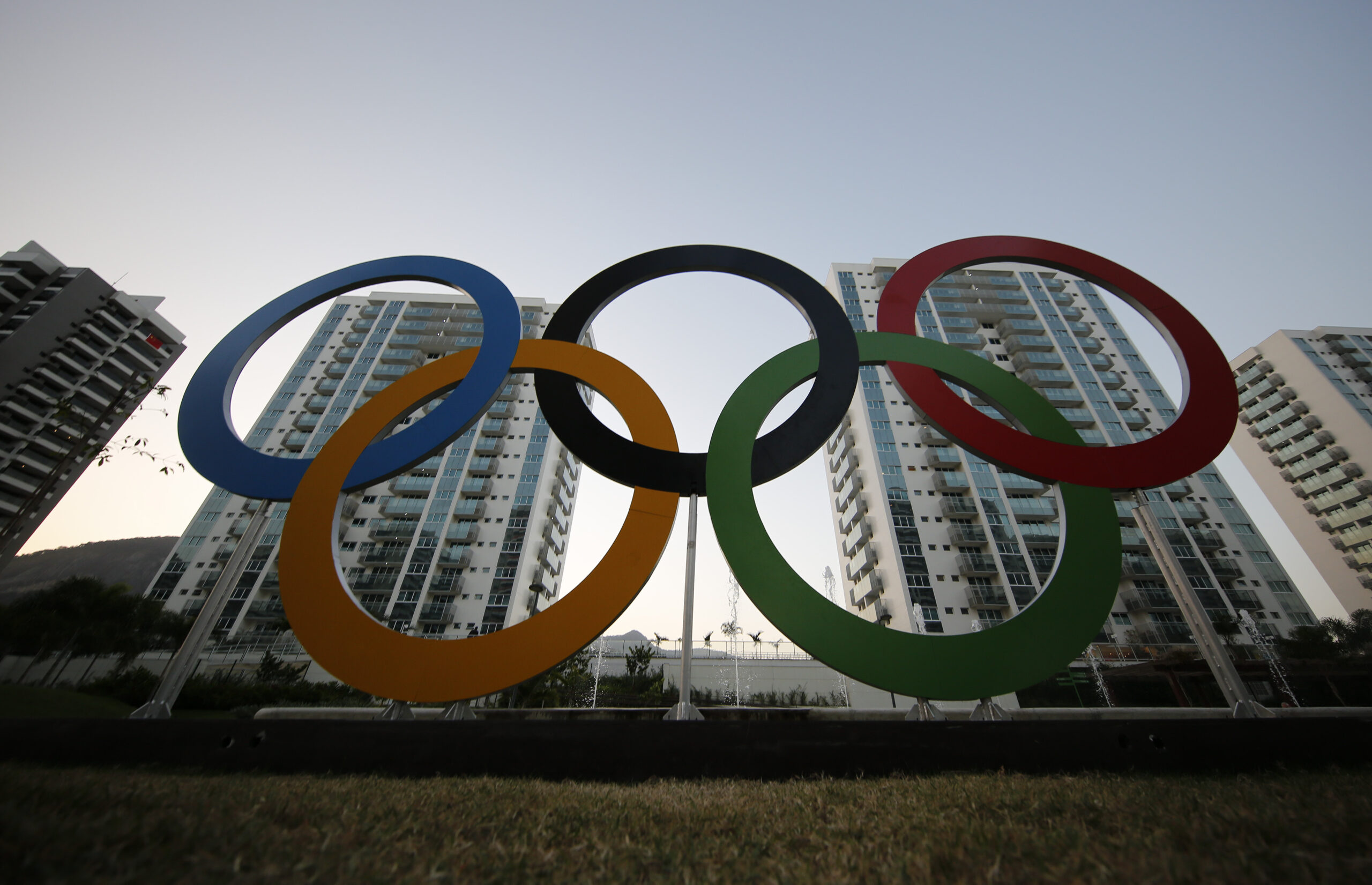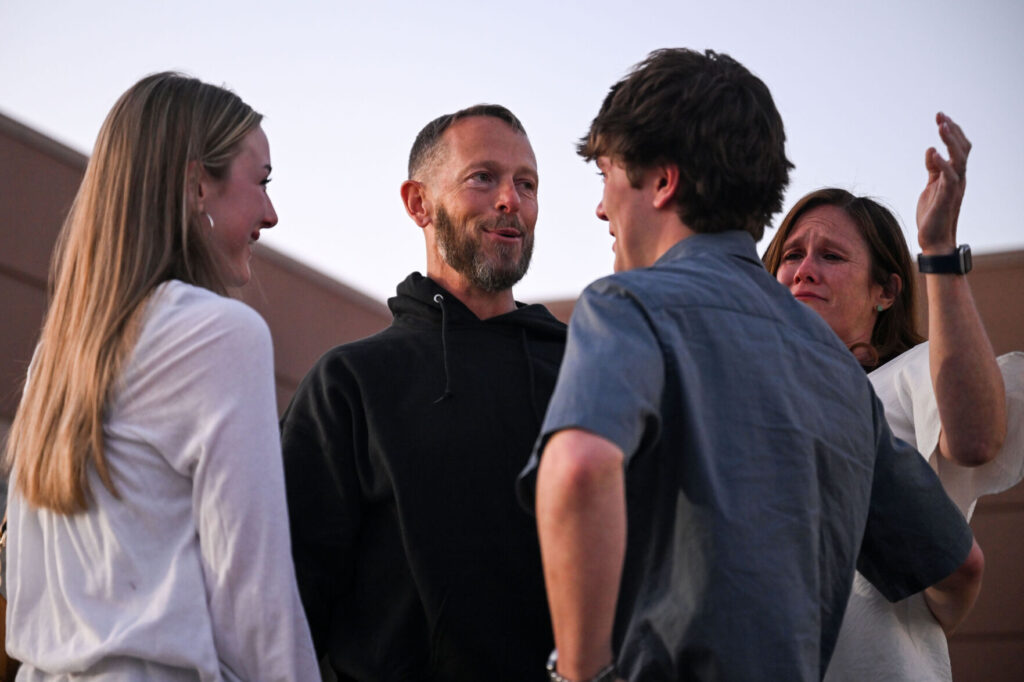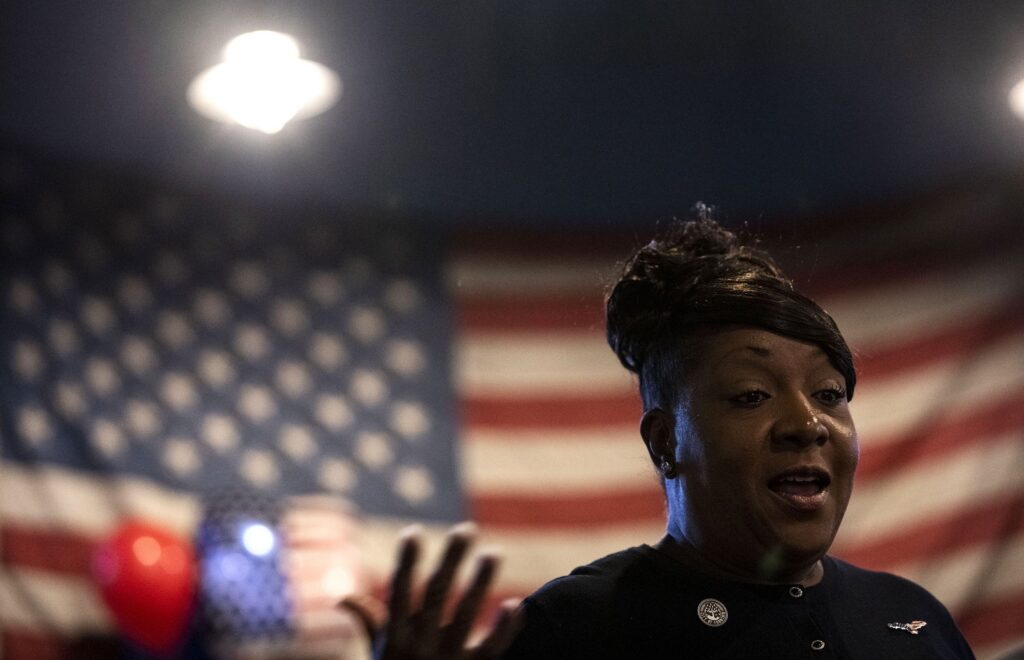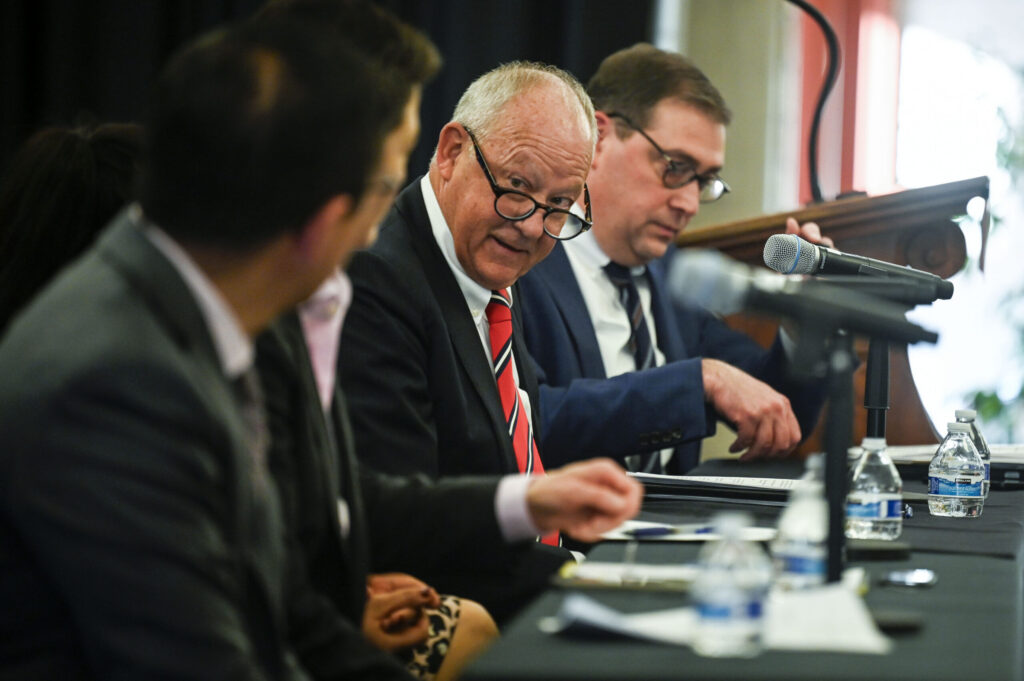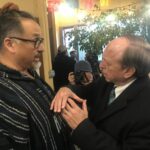Judge refuses to dismiss lawsuit against Olympic committee over whistleblower firing
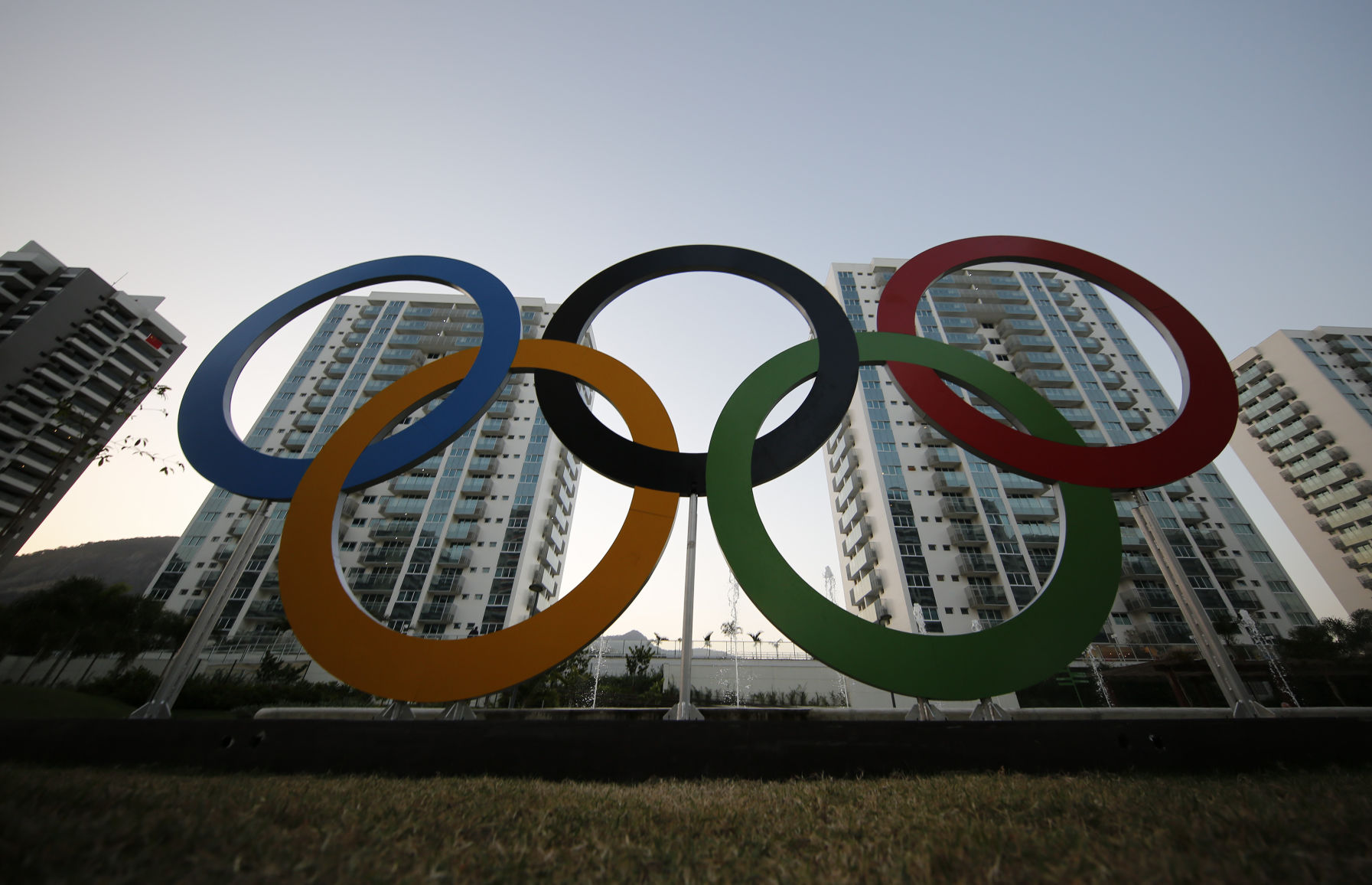
A federal judge earlier this month rejected a request from the U.S. Olympic & Paralympic Committee to dismiss a lawsuit from a former high-ranking official that alleges the organization fired him in retaliation for his whistleblowing activity.
At the same time, U.S. District Court Judge Charlotte N. Sweeney denied a related request from plaintiff William Moreau to dismiss the USOPC’s own legal claims against him. The committee alleged Moreau took the organization’s confidential information in violation of state and federal law, which he then used in his lawsuit.
In response, Moreau invoked Colorado’s “anti-SLAPP” law, which stands for “strategic lawsuits against public participation.” The law, enacted in 2019, contains protections against liability for people who exercise their rights to free speech or to petition the government. Moreau believed the USOPC’s counterclaims amounted to further retaliation for his own suit against the organization.
In her Nov. 18 order, Sweeney permitted the USOPC to continue with its case against Moreau, but cautioned that the committee’s allegations may ultimately fail upon future consideration of the evidence.
“The Court harbors doubts that all of USOPC’s counterclaims will survive the factual challenges brought by Dr. Moreau. At this time, the Court merely concludes that USOPC has met its minimal burden,” she wrote.
The USOPC, whose headquarters is in Colorado Springs, is chartered under federal law to coordinate activity surrounding international athletic competitions. Moreau worked at the USOPC between 2009 and May 2019, rising to become vice president of sports medicine within the organization.
Moreau’s lawsuit alleged several troubling episodes that implicated athletes’ privacy, health and safety. In spring 2018, a track coach allegedly reported to Moreau that a 15-year-old female athlete was feeling suicidal because she had sex with a 20-year-old man at an Iowa event. Moreau claimed the USOPC did not report the encounter to law enforcement until he specifically explained to executives that it amounted to statutory rape under Iowa law.
He also allegedly pressed for an immediate mental health intervention in February 2019 for an athlete who attempted suicide. The USOPC was reportedly forming a committee instead to discuss how to help the athlete, which Moreau warned would take too long to act. The athlete reportedly died by suicide soon after.
The lawsuit also suggested the USOPC did not abide by best practices in healthcare, including by allowing over 300 alleged instances of non-healthcare providers accessing the patient files of athletes.
On May 13, 2019, the USOPC abruptly fired Moreau. The stated reason for the termination involved concerns the USOPC’s CEO, Sarah Hirshland, heard from others that a medical doctor should lead the sports medicine department, instead of Moreau, who is a chiropractor.
However, Moreau pointed out – and the USOPC admitted during the lawsuit – that the person who replaced Moreau was another chiropractor, not a medical doctor.
Moreau sued the USOPC for wrongful discharge in violation of public policy, and for “extreme and outrageous conduct.”
“What is evident is that the (USOPC) wanted to ambush Dr. Moreau with news of his termination – and then to remove him from the organization with the utmost haste. The question that naturally arises is why,” wrote Moreau’s lawyers. The reason, they argued, was “retaliation for his persistent advocacy in support of public policy that – contrary to the (USOPC’s) modus operandi – prioritized athletes’ health and safety first and foremost.”
Several months after Moreau filed his complaint, the USOPC turned around and asserted its own claims against him. Moreau was subject to organizational policies regarding confidentiality and “trade secrets,” and USOPC allegedly learned Moreau had forwarded work emails to another account, took documents off premises, and shared proprietary information with third parties – including through his lawsuit.
“Moreau’s efforts to gain national and international notoriety by sharing privileged and confidential information implicating not only the rights of the USOPC, but the privacy rights of Team USA athletes and their families, directly benefited him in a quantifiable way and damaged the USOPC,” the committee’s lawyers wrote.
As the USOPC attempted to dismiss the allegations against it, Moreau invoked Colorado’s anti-SLAPP law to get the committee’s counterclaims thrown out. The USOPC had known almost immediately after Moreau’s firing the nature of the information he had, Moreau argued. The committee’s motive in filing its own claims was allegedly to pressure Moreau into settling his lawsuit, damage his reputation and dissuade other potential plaintiffs from pursuing their own claims against USOPC.
Sweeney, in evaluating Moreau’s request, noted the dearth of other court rulings on Colorado’s relatively-new anti-SLAPP law. The General Assembly intended to encourage people to participate “in matters of public significance,” including the judicial process, without having to fend off meritless lawsuits. The law provides an expedited procedure to request dismissal of any claims related to a person exercising their constitutional right to speech or to petition the government.
USOPC claimed that Colorado’s state law was inapplicable in federal court, but Sweeney disagreed. She found Moreau’s alleged conduct – using confidential information for his lawsuit – fell under the anti-SLAPP law’s umbrella. Only if such behavior is “conclusively” illegal, Sweeney elaborated, would Moreau lose his protection.
“Here, there are no allegations in USOPC’s Counterclaims that conclusively establish Dr. Moreau’s alleged retention and disclosure of USOPC’s confidential documents was illegal or ‘not in furtherance of the preparation’ of his lawsuit,” she wrote.
However, the anti-SLAPP law allows for dismissal of a claim when there is no reasonable likelihood the party making the claim will prevail. On that basis, Sweeney found the USOPC had adequately argued its case, a burden she described as “minimal” at the current stage.
Sweeney declined to dismiss the USOPC’s claims against Moreau, noting that the discovery of evidence was complete and the parties may now seek a favorable decision based on the facts. In a brief analysis of the committee’s motion to dismiss, Sweeney similarly concluded Moreau’s allegations could continue.
After Sweeney’s ruling, both parties submitted motions for further consideration. Moreau asked Sweeney to reconsider her anti-SLAPP decision, arguing the USOPC needed to show his constitutionally-protected activity was actually a “sham” in order to prevail. The committee, meanwhile, filed a motion for summary judgment, which would enable Sweeney to resolve the case in its favor if the key undisputed facts would lead the USOPC to prevail under the law.
The committee argued there was no dispute over why Moreau was terminated and that Hirshland, the CEO, generally did not know about the complaints Moreau raised about the organization’s handling of athletes’ health and safety.
“A reasonable jury could not find on the record of this case that there was a causal connection between Plaintiff’s voicing of various concerns about the USOPC and his termination,” the committee wrote.
The case is Moreau v. United States Olympic & Paralympic Committee.
